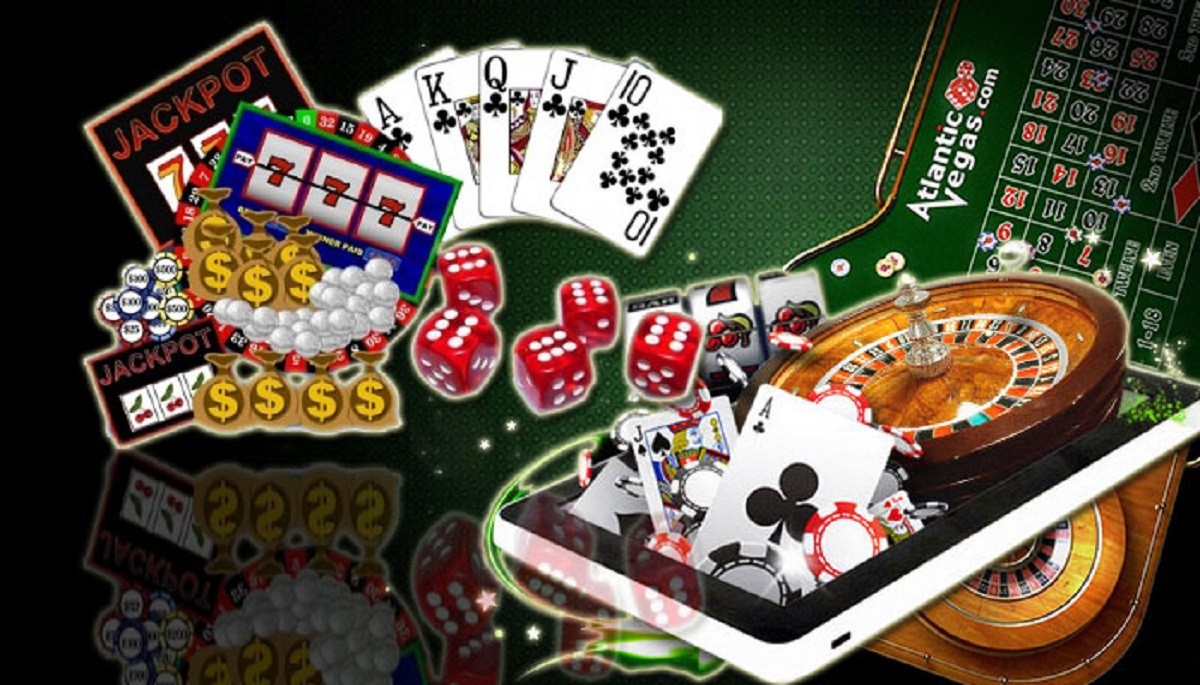Behind the Slot Machines: The Mechanics of Spinning Reels

Many gamblers believe in superstitions or lucky charms that they think will increase their chances of winning. For example, some players wear specific clothing or carry certain items when they gamble because they believe it brings them good fortune. Beliefs about luck can also influence how much money people are willing to bet. Some gamblers may feel confident in their ability to beat the odds and place large bets as a result. Others may be more cautious and only bet small amounts because they do not want to risk losing too much money.
One study found that people who believed in luck were more likely to engage in risky behaviors such as gambling compared to those who did not hold these beliefs (Kaplan 918kiss apk download & Garfinkel, 2011). This suggests that our attitudes towards luck can have real-world consequences on our behavior. Another factor influencing the psychology of luck is cognitive biases – mental shortcuts we use when making decisions based on incomplete information or personal preferences rather than objective facts (Tversky & Kahneman, 1974). One common cognitive bias related to gambling is called the “gambler’s fallacy,” which occurs when someone believes that past outcomes affect future ones even though each event is independent from one another.
For example, if someone flips a coin five times and gets heads every time, they might assume tails must be due soon since it hasn’t come up yet – but this isn’t true since each flip has an equal probability regardless of what happened before it. Finally, social factors can also influence the psychology of luck. People may be more likely to gamble if they see others around them doing it, or if they feel pressure from their peers to participate in certain activities. In conclusion, the psychology of luck is a complex and fascinating topic that explores how our beliefs shape our experiences with gambling. Our attitudes towards luck can have real-world consequences on our behavior, and cognitive biases and social factors can also play a role in shaping these beliefs.



